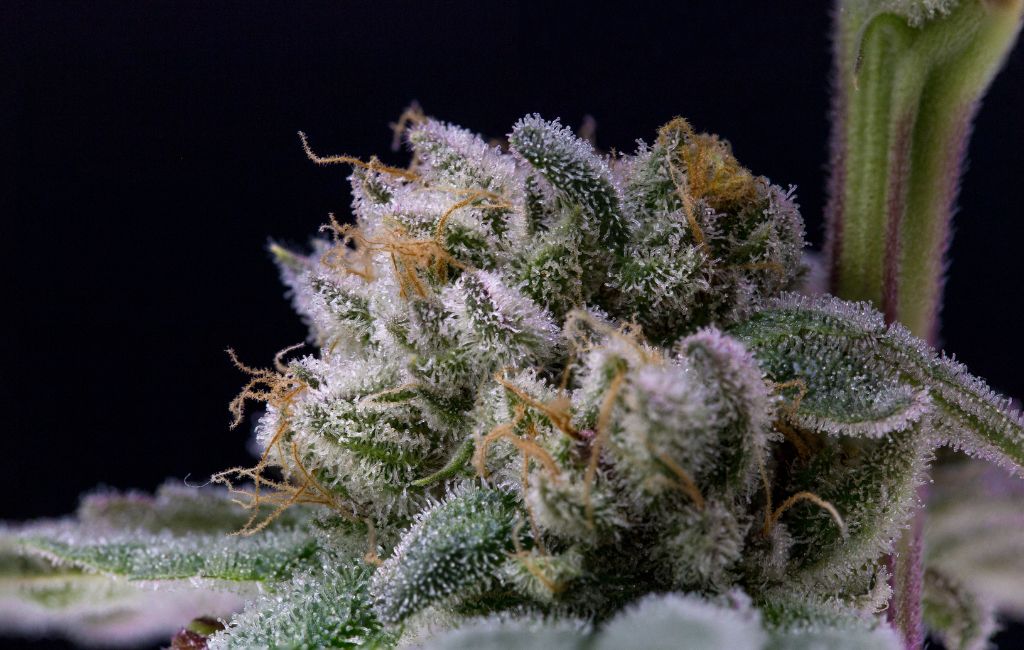THCa Flower: Nature’s Therapeutic Wonder
In recent years, the exploration of cannabis and its myriad compounds has gained significant momentum. Among these compounds, THCa, or tetrahydrocannabinolic acid, has emerged as a subject of interest for its potential therapeutic benefits. Unlike its more famous counterpart, THC, THCa is non-psychoactive, making it an attractive option for those seeking the medicinal properties of cannabis without the high.
Understanding THCa
THCa is a naturally occurring cannabinoid found in raw and live cannabis plants. It is the precursor to THC, the compound responsible for the psychoactive effects of cannabis. When cannabis is heated through smoking, vaping, or cooking, THCa undergoes decarboxylation, converting into THC. This transformation is what gives cannabis its psychoactive properties.
The Chemical Structure of THCa
THCa is an acidic form of THC, with an additional carboxyl group. This structural difference is what prevents THCa from binding effectively to the CB1 receptors in the brain, which are responsible for the psychoactive effects of THC. As a result, THCa does not produce the high associated with cannabis consumption.
Potential Health Benefits of THCa
Research into the therapeutic potential of THCa is still in its early stages, but preliminary studies and anecdotal evidence suggest a range of possible health benefits.
- Anti-inflammatory Properties: THCa has shown promise in reducing inflammation, which could be beneficial for conditions such as arthritis and inflammatory bowel disease.
- Neuroprotective Effects: Some studies suggest that THCa may help protect brain cells, potentially offering benefits for neurodegenerative diseases like Alzheimer’s and Parkinson’s.
- Anti-emetic Effects: THCa may help reduce nausea and vomiting, making it a potential option for patients undergoing chemotherapy.
- Appetite Stimulation: Like THC, THCa may help stimulate appetite, which can be beneficial for individuals with conditions that cause appetite loss.
Case Studies and Research
While comprehensive clinical trials are still needed, several case studies and smaller research projects have highlighted the potential of THCa.
Case Study: THCa and Epilepsy
A notable case involved a young patient with severe epilepsy who experienced a significant reduction in seizures after incorporating THCa into their treatment regimen. This case has sparked interest in further exploring THCa as a potential treatment for epilepsy.
Research on Inflammation
A study published in the “Journal of Pharmacology” found that THCa exhibited anti-inflammatory properties in animal models. The researchers noted a reduction in inflammation markers, suggesting potential applications for inflammatory conditions.
How to Use THCa Flower
For those interested in exploring the benefits of THCa, there are several ways to incorporate it into a wellness routine.
- Raw Consumption: Consuming raw cannabis leaves or flowers in smoothies or salads can provide THCa without the psychoactive effects.
- Tinctures and Oils: THCa tinctures and oils offer a convenient way to measure and consume precise doses.
- Topicals: THCa-infused creams and balms can be applied directly to the skin for localized relief.
Legal Considerations
The legal status of THCa varies by region. In some areas, THCa is considered legal due to its non-psychoactive nature, while in others, it falls under the same regulations as THC. It’s important for consumers to be aware of the laws in their area before purchasing or using THCa products.
Conclusion
THCa flower represents a promising avenue in the exploration of cannabis for therapeutic purposes. With its potential anti-inflammatory, neuroprotective, and anti-emetic properties, THCa offers a range of benefits without the psychoactive effects of THC. As research continues to unfold, THCa may become a valuable tool in the arsenal of natural remedies. For those seeking alternative therapies, THCa provides an intriguing option worth exploring.
